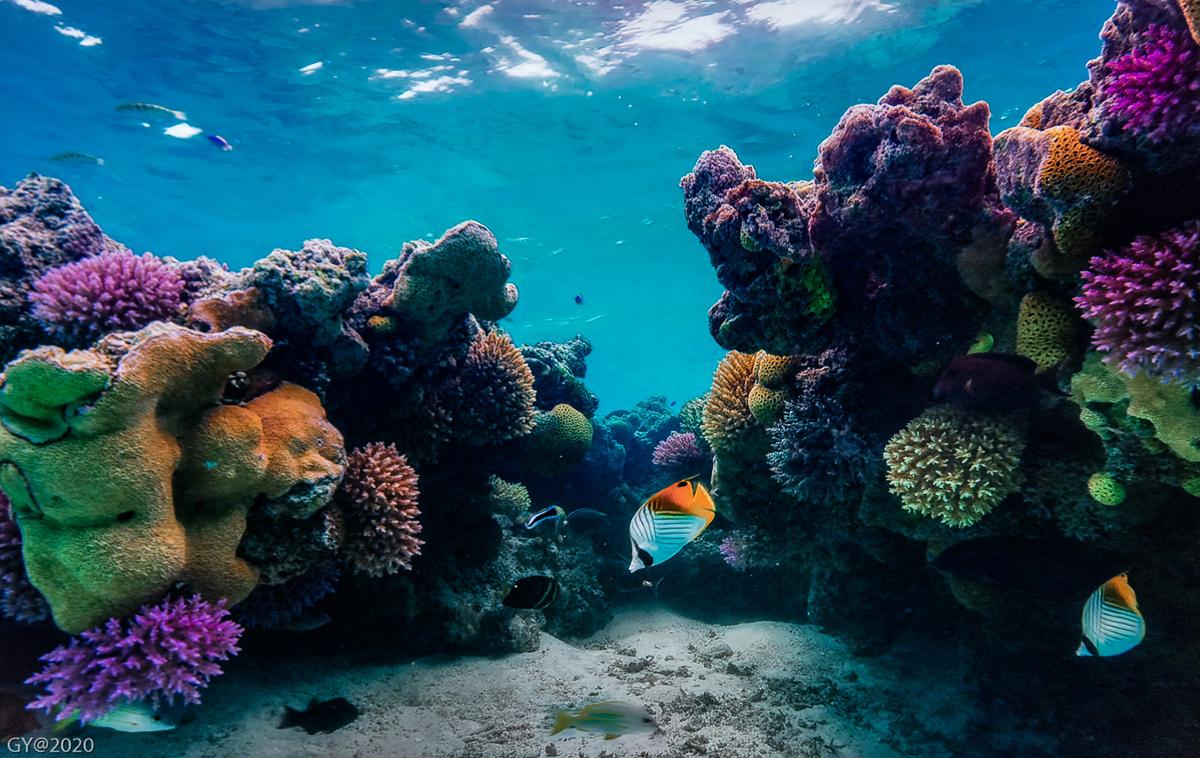When a coral reef is struggling, seaweed is no friend to it. It moves in quickly, competes with coral for nutrients and light, and, more often than not, wins. Once that happens, it’s very difficult for a coral reef to bounce back unless the seaweed is cleared away. In looking into the best way to do that, scientists have found an unusual ally—crabs.
A team of scientists studying a coral reef in the Florida Keys started to take an interest in the Caribbean king crab, which eats a lot of seaweed and isn’t picky about the types it eats. The crabs aren’t naturally present in the ecosystem in large enough numbers to make a dent in seaweed cover, but scientists wondered what would happen if they gave their numbers a boost.
They tested this idea on isolated sections of coral reef with significant seaweed coverage.
They left some sections untouched, stocked others with crabs, and, for a third group, had divers scrub the reef of seaweed before stocking it with crabs. A year later, the untouched parts showed no change. Meanwhile, seaweed coverage was down by 50% on sections stocked with crabs, and down 80% on sections scrubbed and then stocked with crabs. In a second round of tests, scientists found that scrubbing alone was only effective in the short-term; the seaweed returned without the crabs.
Scientists say crabs could play a part in saving coral reefs, though others caution there’s a big gap between proving this can work, and turning it into an effective management strategy. For the crabs’ part, they don’t seem to mind the tasty snack they get out of the deal.









